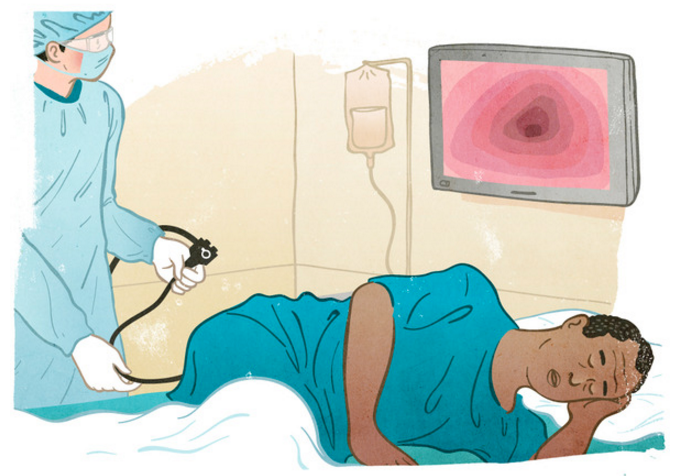Colon cancer is the third most commonly diagnosed cancer in the United States. Understanding this condition can help you recognize warning signs and seek appropriate medical care. Early detection can improve treatment outcomes and survival rates. Here is more information on this type of cancer, its causes, early symptoms, and when to consult a specialist:
What Is Colon Cancer?
Colon cancer develops when cells in the large intestine or rectum grow uncontrollably. The disease typically begins as small, benign clumps of cells called polyps. Over time, some of these polyps can become cancerous if left untreated.
The colon and rectum form the large intestine, which plays a key role in processing waste from digested food. Cancer can develop anywhere along this tract. Colon cancer often grows slowly over several years, providing opportunities for early detection through screening. Regular screening can identify polyps before they become cancerous or detect cancer in its early stages when treatment is most effective.
What Causes It?
The exact cause of this cancer remains unclear, but several risk factors increase the likelihood of developing the disease. Age is a significant factor, with most cases occurring in people over 50. A family history of this condition or certain genetic diseases also increases the risk.
Lifestyle factors play a substantial role in colon cancer development. Diets high in red meat and processed foods may increase risk. Smoking, excessive alcohol consumption, and lack of physical activity are additional contributing factors.
Certain medical conditions can increase the risk of developing this cancer. Inflammatory bowel diseases like Crohn’s disease and ulcerative colitis create chronic inflammation that may lead to cancerous changes. Diabetes and obesity are also associated with higher cancer rates.
What Are Some Early Signs?
Early colon cancer may not produce noticeable symptoms, which is why screening is so valuable. When symptoms do appear, they can be subtle and easily attributed to other conditions. Changes in bowel habits represent one of the most common early warning signs.
Persistent diarrhea, constipation, or changes in stool consistency that last more than a few days warrant medical attention. Blood in the stool, whether bright red or dark, should never be ignored. Abdominal discomfort, including cramps, gas, or pain, may also signal this cancer. Other symptoms include unexplained weight loss, fatigue, and feeling that your bowel doesn’t empty completely.
When Should You See a Specialist?
Consulting a healthcare provider becomes necessary when experiencing persistent digestive symptoms. Changes in bowel habits and the presence of blood in the stool prompt a medical evaluation. Individuals with a family history of colon cancer should discuss screening timelines with their doctor. Standard screening typically begins at age 45 for individuals with average risk, but those with elevated risk may need earlier or more frequent testing.
Colon and rectal surgeons possess advanced training in diagnosing and treating conditions of the colon and rectum. These specialists can perform comprehensive evaluations and recommend appropriate treatment options. They also provide surgical interventions when necessary.
Consult a Specialist Today
Colon cancer is a serious health concern that requires prompt attention and appropriate medical care. Understanding the risk factors, recognizing early warning signs, and knowing when to seek help can make a difference in outcomes. Colon and rectal surgeons can provide expert evaluation and personalized treatment recommendations. Schedule a consultation with a qualified specialist to discuss your concerns and develop an appropriate screening or treatment plan.

